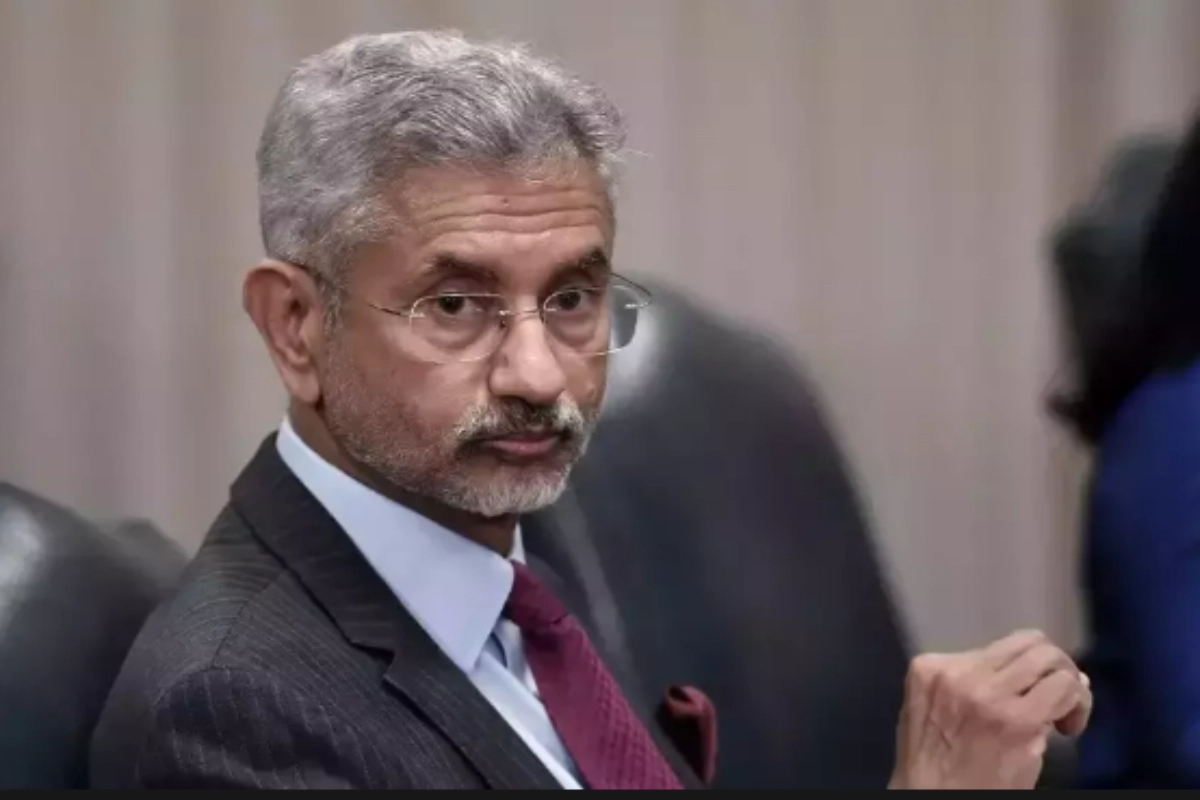S Jaishankar: Delivering a stirring speech on the most important factors modifying the global order was India’s Minister of External Affairs, S Jaishankar, at the third Kautilya Economic Conclave in Delhi. According to the minister, AI, demographics, and connectivity constitute a strong transformation force in the world, talking about how these powers can redraft the international dynamics shortly.
Artificial Intelligence- The Strong and Dangerous Force
Jaishankar said artificial intelligence would probably be the most profound factor in the world’s ecosystem and that it was like nuclear weapons in its potential. He was a strong philosopher who held the notion that AI is something of a threat to the world and that “it is as dangerous to the world as nuclear weapons proved to be long ago.” He added that the dangers of AI are what the whole world needs to talk about.
While AI opens wide doors towards improvement in healthcare, educational sectors, as well as industry, it brings challenges concerning ethics, security, and governance. The remarks by Jaishankar suggest that the international community has to tread cautiously while embracing AI and also ensure that the development of AI should be properly regulated to avoid undesirable consequences.
Globalization- A Divisive Force
Apart from talking about AI, Jaishankar spoke about the changing nature of globalization and pronounced it a double-edged sword. He said that while globalization promised the world would be one and economic growth would automatically take place, there was also a social and political backlash. “Globalisation has divided the world, and many people blame it for job losses and other negative aspects of the revolution,” said Jaishankar, summing up its frustration quotient, especially in the last decade.
At the same time, he said that protectionist tendencies are emerging as a counter-reaction to globalization or globalization; therefore, the conflict between globalization or globalization and protectionism is inevitable. He further expressed that this tension would continue to play out, compelling policymakers to navigate and live with the complex realities of a globalized yet fragmented world. Globalization does seem to be incompatible with an updated United Nations charter.
Criticism of the United Nations- An Outdated Model
Jaishankar seized the opportunity to criticize the current state of functions within the United Nations, describing it as an archaic company that has refused to keep up with contemporary realities. “The UN is like a, not quite fully modern but still occupying the space, old company,” he quipped. He drew a parallel between companies and countries, suggesting that when global institutions fail to adapt to the changing times, individual countries begin to act independently, thus fragmenting the global order.
Jaishankar’s comments spoke of reform needed in institutions like the UN but underlined that international institutions must reflect the currents of world power and remain relevant to the challenge.
S. Jaishankar’s address to the Kautilya Economic Conclave gave the audience a stark look at affairs in the world as of now-from the disruption that Artificial Intelligence may unleash to the divisiveness of globalization. The United Nations system also came in for considerable criticism, making a case for reform in the global governance structures. With this task of reformulating the world order, Jaishankar’s utterances serve as a wake-up call among current and future diplomats to be alert, flexible, and creative in the face of this new age.
